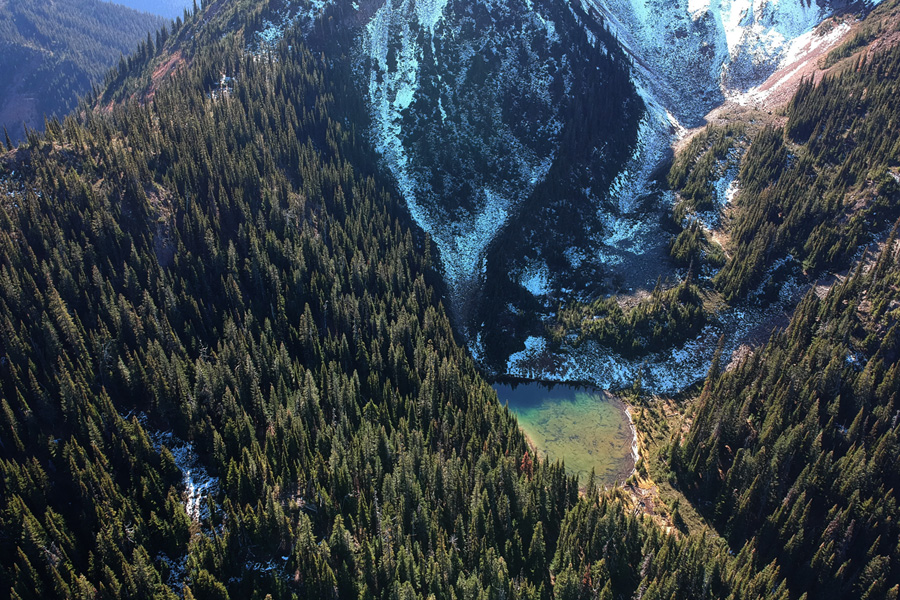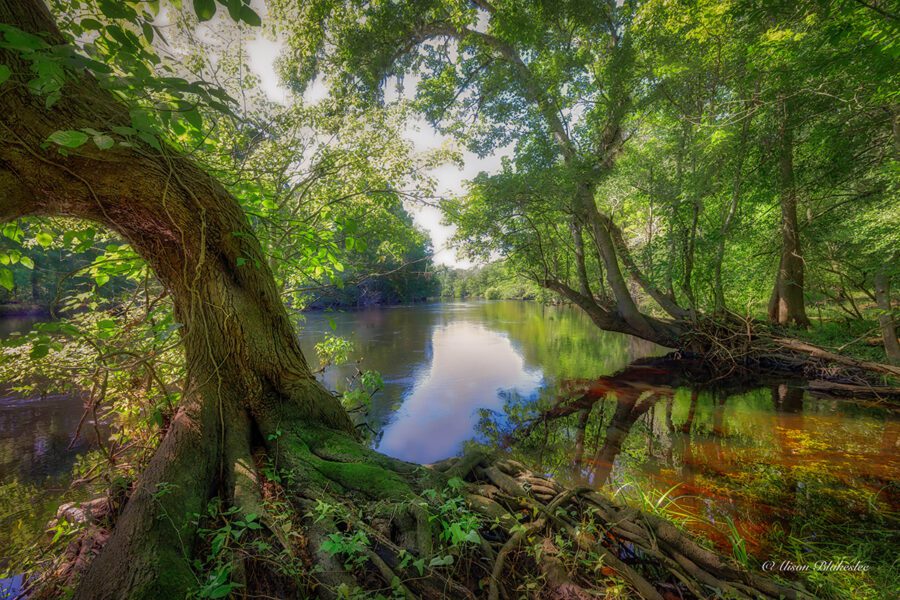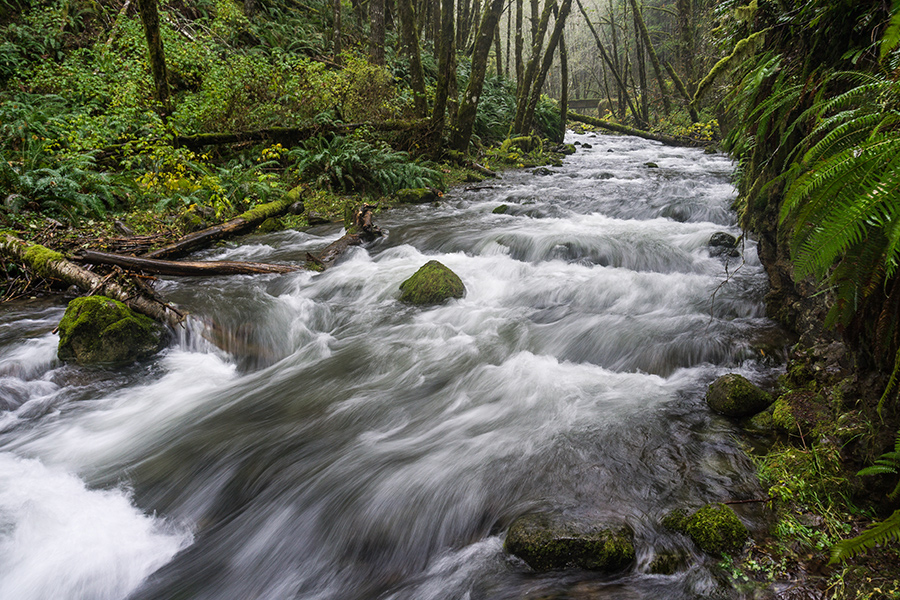Conservation allies can now breathe a sigh of relief for the Skagit River and its headwaters. The fate of this river has been up in the air since March of 2019, when Imperial Metals filed for a mining exploration permit in the area known as the “donut hole.” While much of the land near the headwaters was protected by the Canadian park system, this small but critical piece remained open for development by British Columbia’s government to preserve historic mining rights.
Washington Wild coordinated a broad coalition of nearly 300 Tribes, First Nations, elected officials, local businesses, and conservation, recreation, and wildlife organizations to defend the headwaters from mining. The Conservation Alliance awarded a $10,000 grant in support of this work in 2019. In January 2022, after three years of advocacy from both sides of the border, a Memorandum of Agreement (MOA) was signed, ending the mining threat. All mining and related rights held by Imperial Metals are to be returned to the Province of British Columbia as a stipulation of the agreement.
The donut hole takes its name from the way that the headwaters appear when seen from above, nestled amongst the surrounding forests. From this small beginning, the Skagit flows down through British Columbia and enters Washington state, on its way to the Puget Sound. Passing through North Cascades National Park, Skagit Wild and Scenic River, and Mt. Baker Snoqualmie National Forest, the river supports life of all kinds—human, fish, wildlife, and plants. The Skagit River is the only major river system in Washington State that contains healthy populations of all five native salmon species. It’s also where large concentrations of bald eagles and snow geese pass the winter.
Located within a day of travel from Vancouver, BC, the Skagit headwaters and surrounding Canadian parks draw over a million visitors per year, who enjoy the myriad outdoor recreation opportunities while supporting local economies. As the river travels through Washington, the scope of the outdoor opportunities on its waters and along its shores are uncountable. From fishing, swimming, camping, and picnicking, clean Skagit water is critical for people on both sides of the border.
This success represents the power of building a coalition of diverse voices in support of conservation outcomes. The protection of the Skagit Headwaters is a huge win for fish, Tribes, First Nations, and future generations who will one day come to know the Skagit’s beauty and benefit from its clean water.




